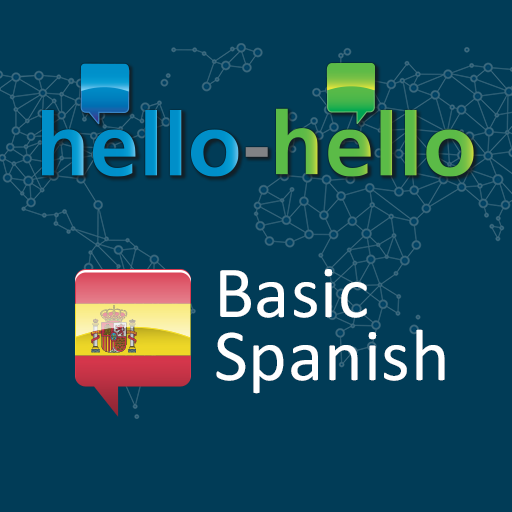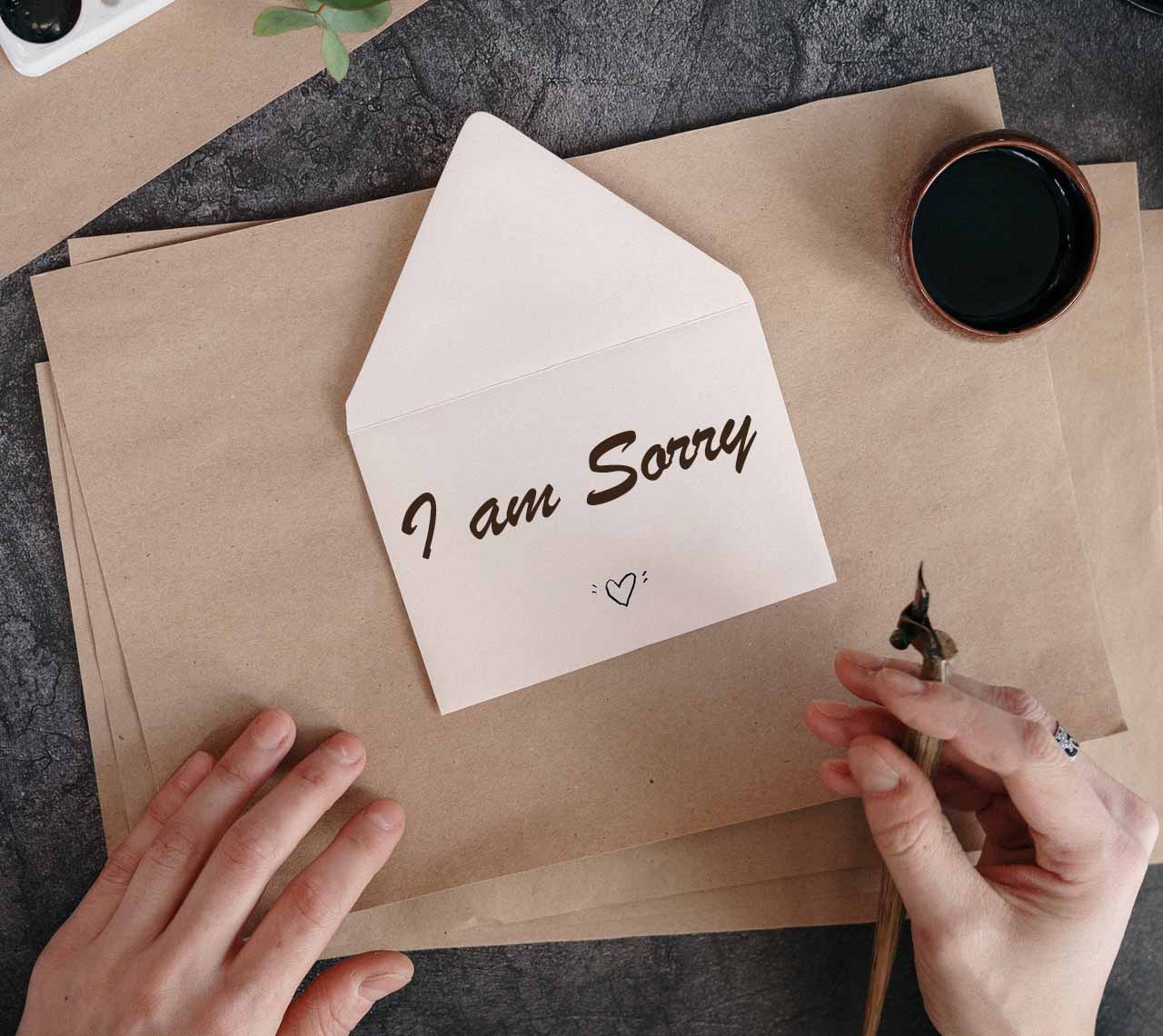Saying I am Sorry is not easy. This has been epitomized once by Elton John that hit the bull’s eye. His hit song “Sorry Seems to Be the Hardest Word” is absolutely true, isn’t it?
The song is easily recognized globally since “I am sorry” normally is not an easy thing to express. Even those with large vocabularies struggle to get simply the correct words to express regret.
But let’s accept it. Everyone has made mistakes and has been in a situation where one needs to offer an apology.
Besides, saying sorry is simply a part of politeness, so it is a good method to find out what the culturally right expression is in the language or languages one is learning.
Let us see how it is said and done across several countries worldwide.
How Distinctly Cultures View Apologies
Albeit separate cultures handle apologies in their own manner, it is safe to say that “I am sorry” is usually said post you’ve made a mistake. However, various cultures also use it when there’s been a misunderstanding or, if a friend or a colleague is experiencing a hard unpleasant life event, to express your condolences.
For instance, if a colleague tells you that her father has recently passed away, you would generally respond by saying “I am sorry for your loss,” or something similar.
It also expresses regret over missing an occasion or as a manner to atone for lateness.
At times an apology is accompanied by a gift. For instance, when apologizing in Brazil, the person who says “I’ am sorry” mostly gives the offended party a small gift alongside a note.
In Japanese culture, politeness seems almost heightened. There are several ways to say “I am sorry” some of which are said with accompanying hand gestures.
Iceland, with its wonderful glaciers and friendly citizens, is not a worldly hot spot for apologies. Their word for “I’m sorry” is used a lot frequently to indicate, by the tone of the voice, whether their intent is a heartfelt “excuse me” or simply a conversation-filling saying.
Master Simply More than Saying I am Sorry in Different Languages
Are you looking to learn saying merely more than I am sorry?
Hello Hello presently provides learning in 13 different languages, English, Spanish, French, German, Italian, Chinese, Japanese, Indonesian, Hindi, Russian, Portuguese, Dutch, and Hungarian. And having one account, you can switch between any of those.
The method is easy: select a language, find a course that has been categorized in your level, and understand each thing you listen to with interactive subtitles.
Here takes a look at some of the languages in how “I am sorry” is said.
I am Sorry (English)
While speaking in English, and you are expressing your apology. One generally, says I am sorry.
Lo Siento (Spanish)
Mostly mucho (much) is used to the end of this phrase, changing it into the more meaningful lo siento mucho (I’m very sorry).
Perdón (means “pardon”) is the word used to seek an apology in Spanish.
извини (Izveni); извините (Izvinite) (Russian)
извините (izvinite) is used for formal situations, and the word прости (prosti) is generally used as well. The formal form of this word is простите (prostite).
Sinto Muito (Portuguese)
This is how the one apologizes in the Portuguese language.
すみません (Sumimasen) (Japanese)
As stated above, there are several ways to express regret or offer an apology in Japanese. すみません (Sumimasen) actually means “excuse me” but is accepted as a good way to ease things over.
Mi Dispiace (Italian)
Mi dispiace is the Italian one that’s normally accepted to convey an apology, but it is quite common to hear scusi (sorry). Unless the offense is really epic, scusi will most probably do the job.
Sajnálom (Hungarian)
If you are in Hungary and need to apologize then Sajnálom is the correct word to do so.
Es tut mir leid (German)
German is an official language in 6 countries: Germany, Switzerland, Luxembourg, Liechtenstein, Austria, and Belgium. So now you know its presence. When German people apologize, you now know the correct word.
Het spijt me (Dutch)
Dutch is spoken in The Netherlands, and if you need to say I am sorry in a Dutch land you need to say Het spijt me.
Désolé (Masculine); Désolée (Feminine) (French)
French is a wonderful language, even while there’s just a one-word apology being given.
Don’t use the apology, though, if you’re attempting to ask for information or get through a crowd. In that case, you need to say excusez-moi (excuse me) instead.
對不起(Duìbùqǐ)(Mandarin)
Chinese have several ways of apologizing depending on the situation 對不起 (Duìbùqǐ) literally stands for sorry, while 抱歉 (bào qiàn) is used for “I Sincerely Apologize”.
मुझेक्षमाकरें (Hindi)
This phrase is used when one is looking to seek apology while spoken in Hindi.

Learn Spanish Vocabulary with Hello-Hello
Hello-Hello’s iOS and Android apps for learning the Spanish language course offers a unique and engaging learning methodology that is built with animated videos, amazing designed interface, adorable comic characters that put the learner on a fun journey to learn Spanish!
Some of the features of Learn Spanish (Hello-Hello) are
- Animated videos and comic strips
- Games to practice reading and listening skills
- Cleaner and more friendly user interface
- Follow your course progress
- Take notes
- Receive notifications with lesson reminders. The more you practice, the more you learn!
- Receive notifications with new words to build your vocabulary.
iTunes link: https://apps.apple.com/us/app/learn-spanish-vocabulary-hh/id434209208
Google Play Store Link: https://play.google.com/store/apps/details?id=com.Hello_Hello_Spain

